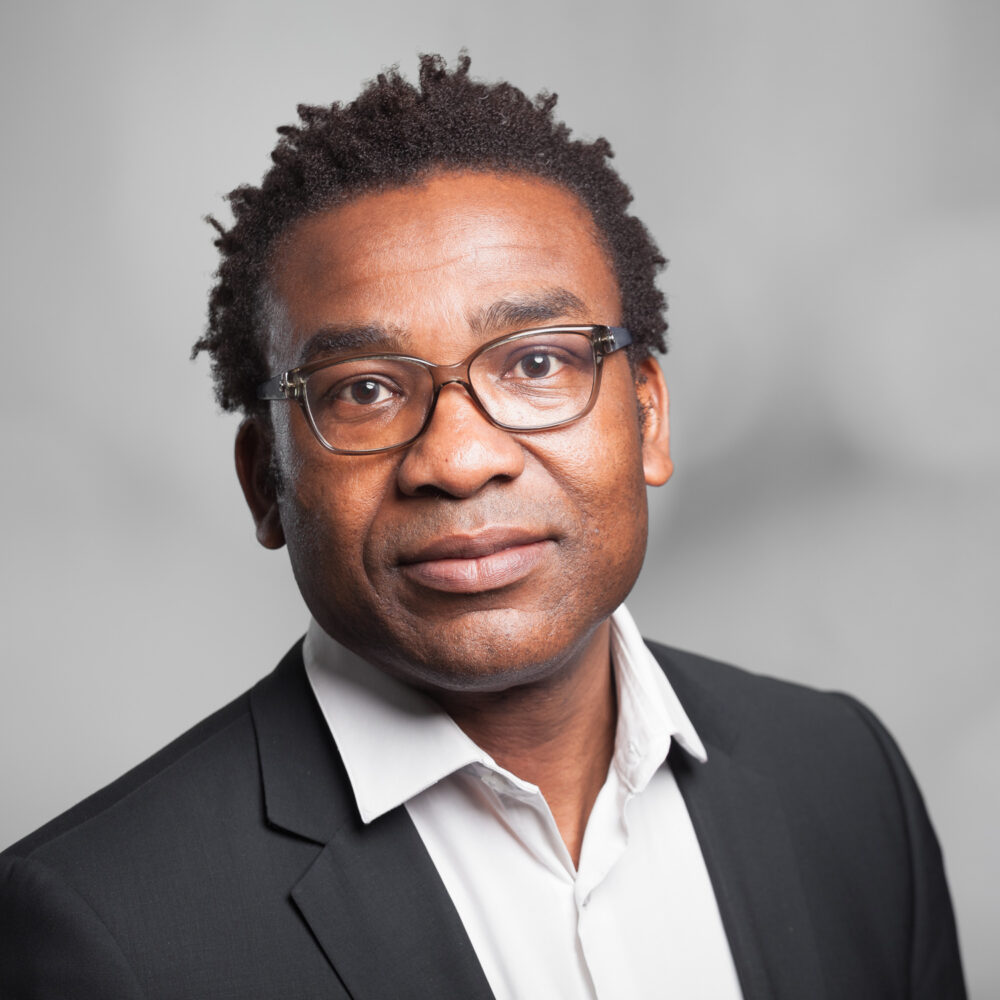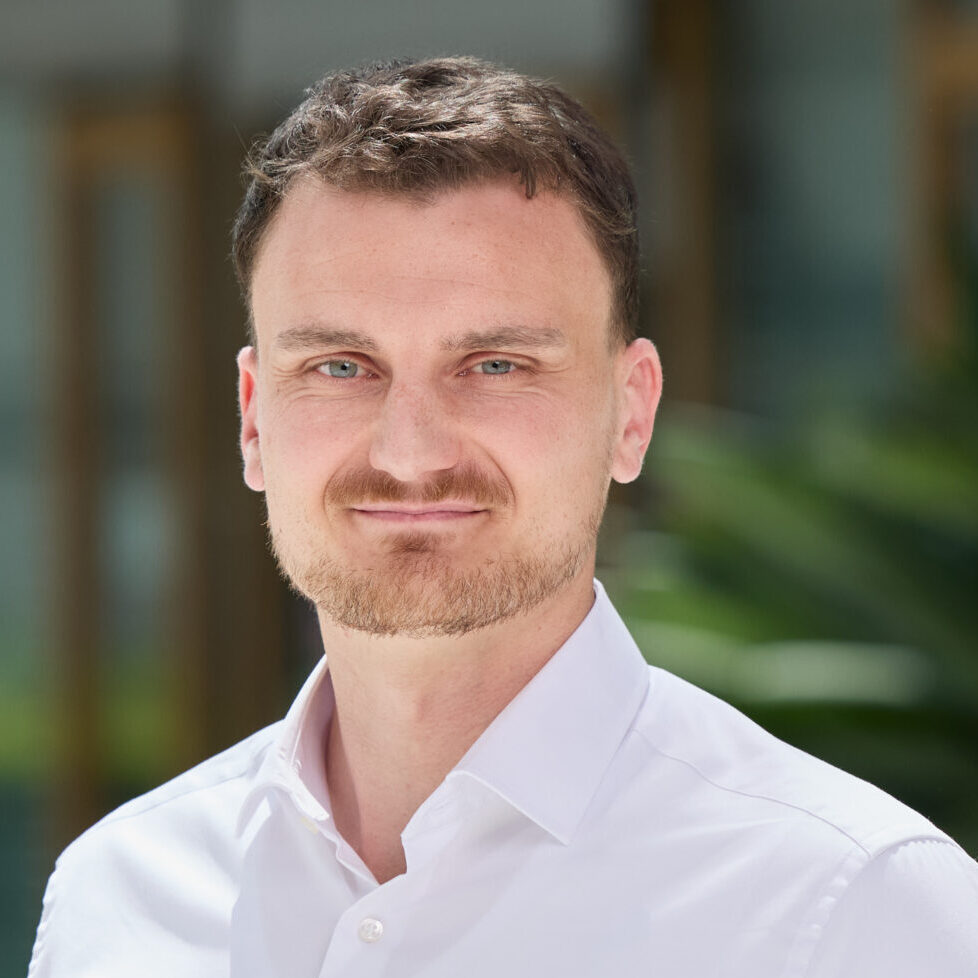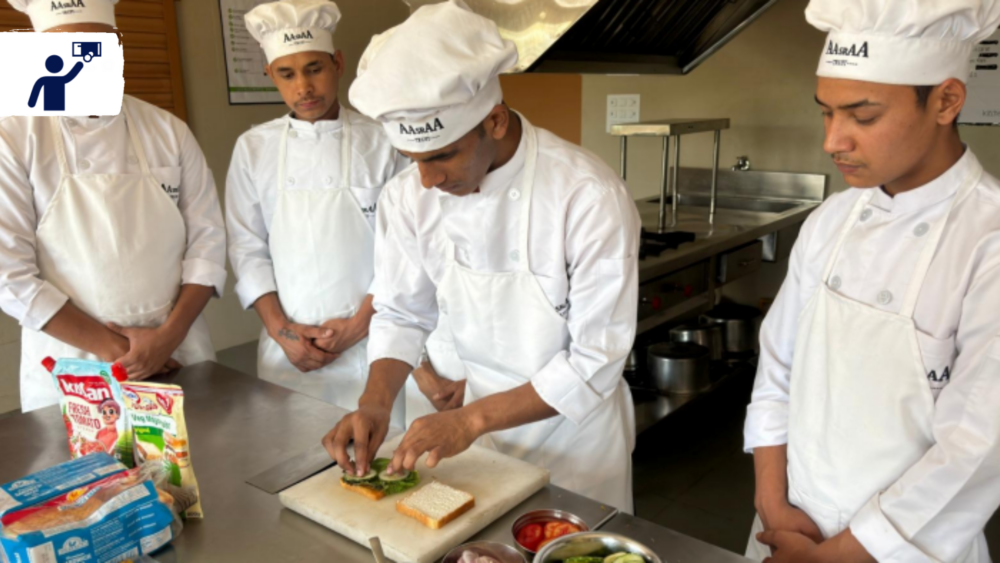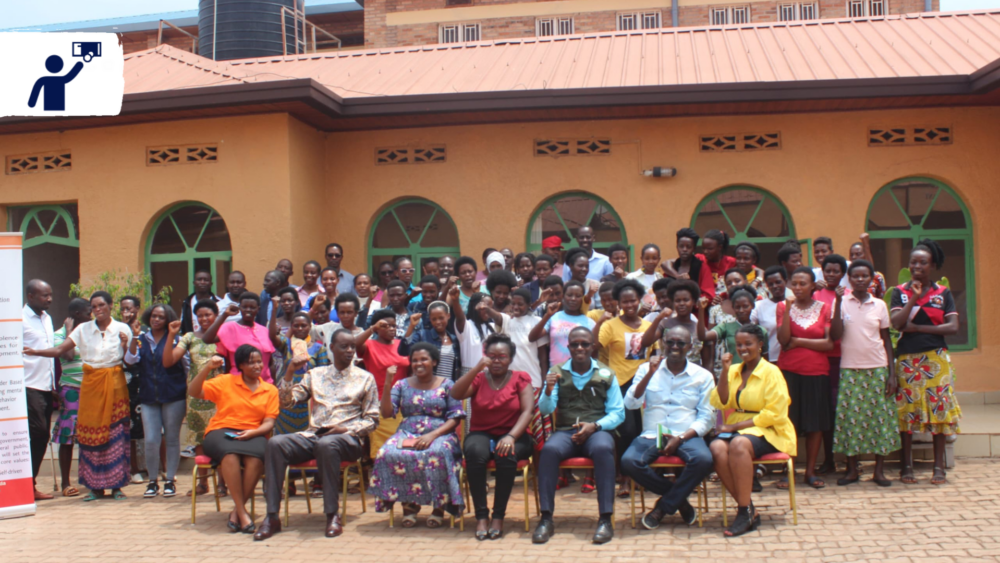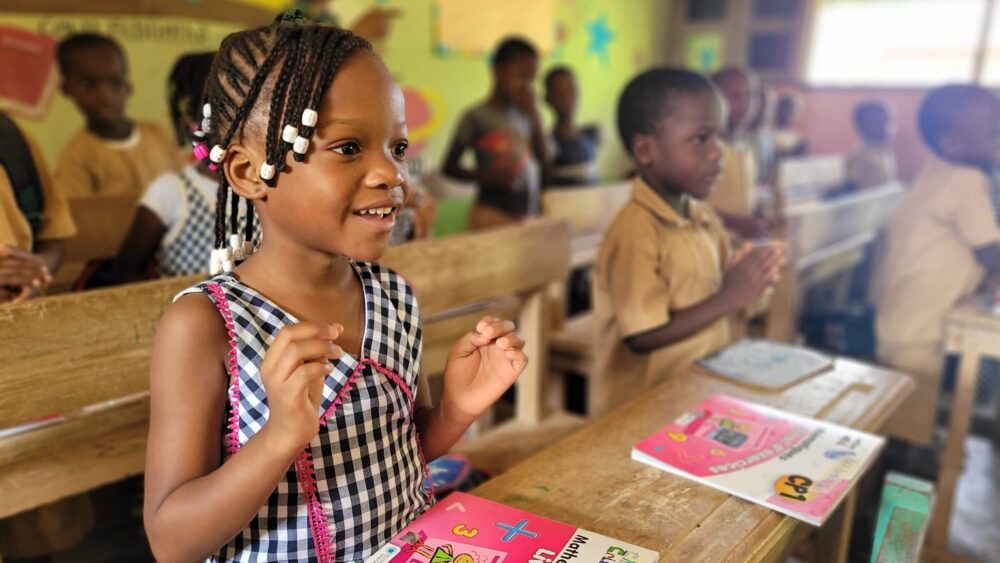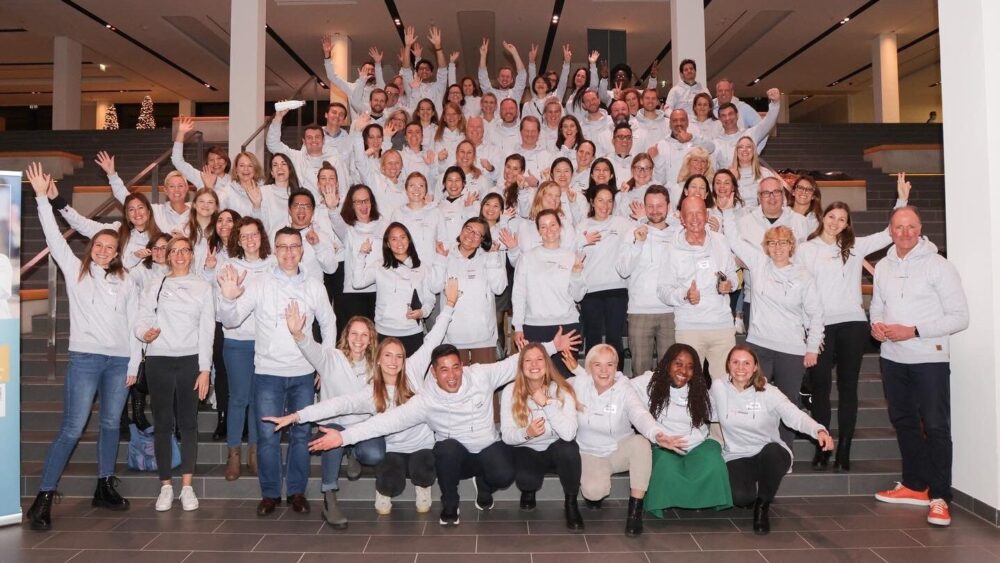
Training Center, Thies
The project in the Thiès region of Senegal supports young unemployed women, including single mothers, abandoned wives, and school leavers due to early pregnancy. The aim is to open new opportunities for them through practical training in agriculture and animal husbandry.
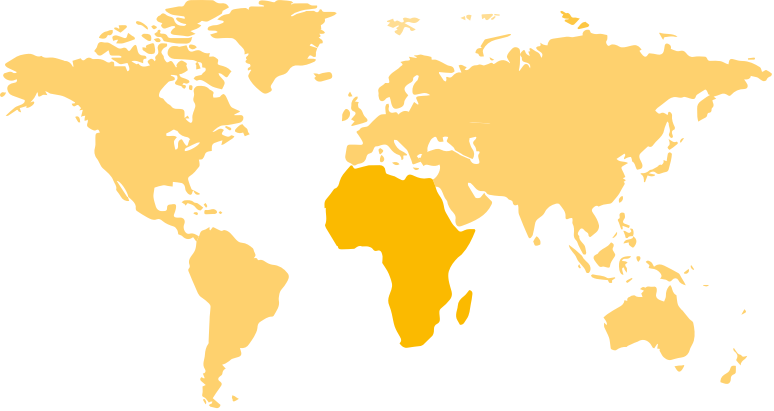
The project
Senegal currently has a population of around 18.5 million (as of mid-2024). With an annual population growth rate of 2.9%, youth unemployment is one of the biggest challenges facing the country: of the approximately 2.4 million unemployed young people, a significant proportion – around 1.8 million – live in the Thiès region. Women are particularly affected: in rural areas, the unemployment rate is 24.9%, and for women it is an alarming 38.3%.
The project is based on a holistic approach that combines ecological, social, and economic aspects. The focus lays on establishing sustainable agriculture on an initial area of four hectares, which is to be expanded to ten hectares within the first year. This will be supplemented by the establishment of a poultry farm with around 1,000 chickens. By growing a variety of vegetables – including tomatoes, beans, onions, carrots, potatoes, cabbage, chili peppers, and various seasonal varieties – the project makes an important contribution to regional food security. At the same time, Royal Gardens promotes the social skills of the participants, strengthens their sense of responsibility and self-esteem, and thus creates the basis for long-term personal and economic independence.
Starting in 2026, 20 new participants will join each year, so from 2027 on there will always be 40 trainees actively involved in the project. The goal is to train a total of 200 young women over the next 10 years. As part of the comprehensive two-year training program, participants will be trained in topics such as plant and soil science, composting, crop rotation, agricultural technology, processing, sales, marketing, accounting, and reporting.
The project does not only affect the direct target group: with an average of 10 people per family, over 2,500 people benefit indirectly from the project. The project management staff, trainers, and their families also gain new perspectives.

